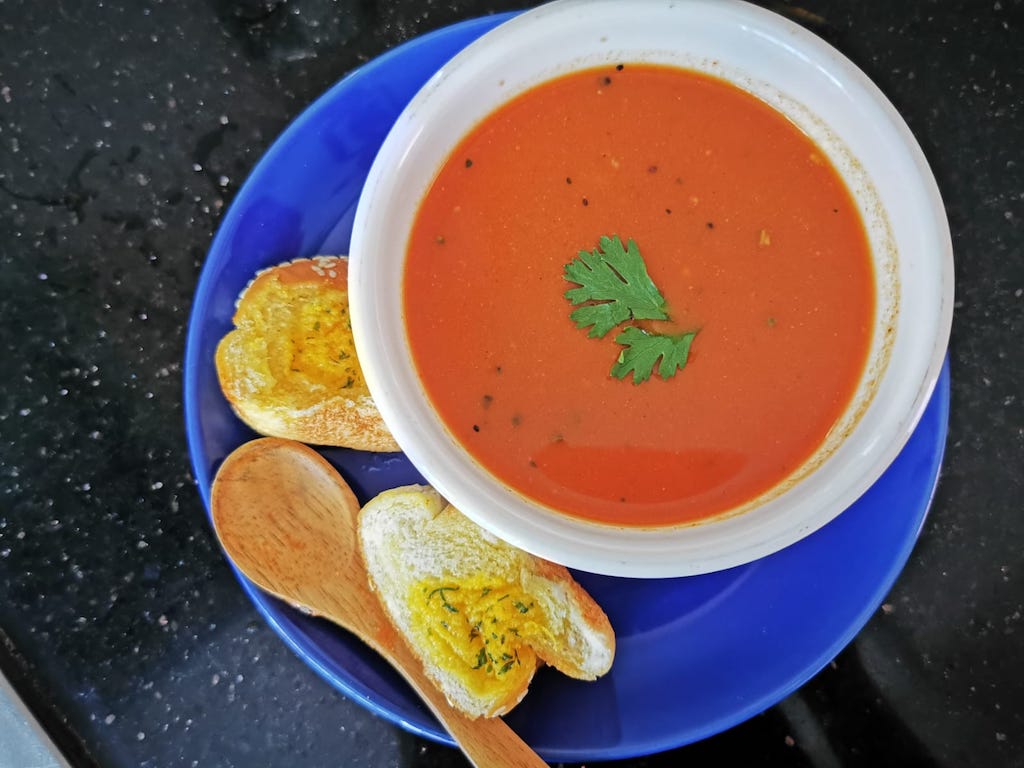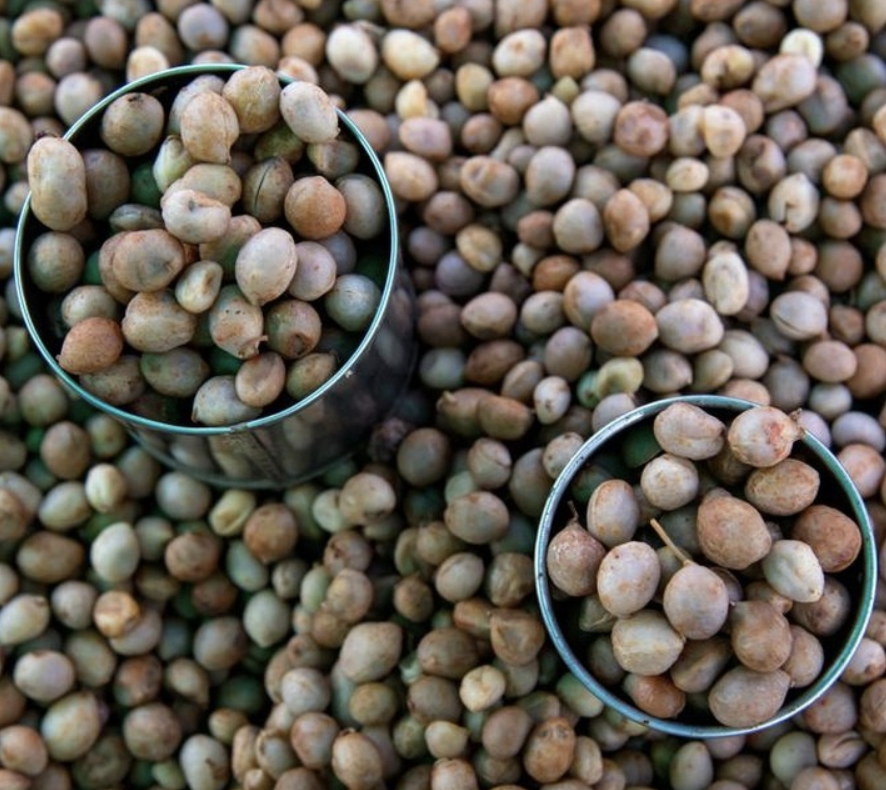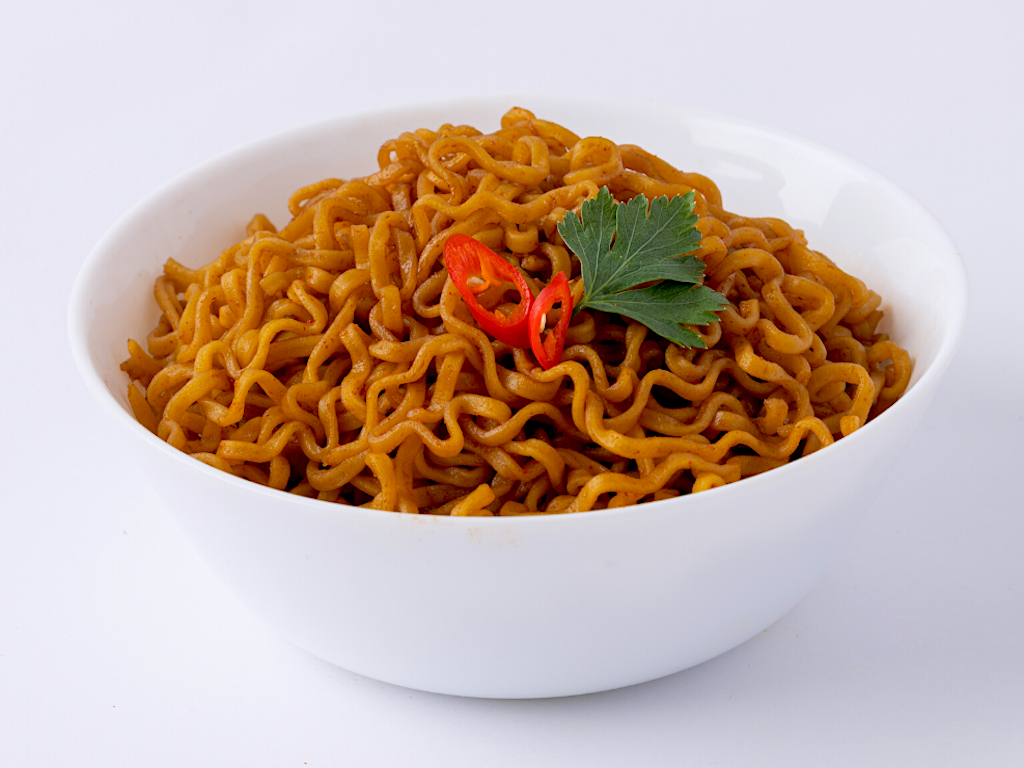3 Mins Read
NamZ, a Singapore food tech developing “future fit” foods using climate-resilient crops, has just launched a range of sustainable food products under its new brand WhatIF Foods. Products include shakes, soups and noodles, all of which are designed to be nutritious yet convenient for consumers. The company hopes that it will help bolster Singapore’s food security while supporting farming communities, sustainable regional agriculture and healthier dietary habits.
WhatIF Foods, the brand launched by 6-year-old Singapore startup NamZ, has revealed its latest plant-based products featuring “future fit crops” – crops that are resilient to poor soil, dry weather and other turbulent weather events that will become increasingly frequent as climate change intensifies.
Read: These 5 Foods Could Disappear Due To Climate Change
Speaking to Green Queen, Christoph Langwallner, the co-founder of NamZ, the company behind WhatIF Foods believes that future fit crops used in convenient foods are more relevant than ever before. “WhatIF Foods is turning convenience food on its head,” he said.
“Combined with science and technology, we believe we can help deliver a climate-resilient food industry that will nourish our communities today, as well as the generations to come,” Langwallner added.

For now, the brand’s website has 6 products on offer, all recreations of familiar foods but made with sustainable future fit crops that additionally offers a better nutritional profile. WhatIF’s moringa noodles and Bambara groundnut noodles, for instance, are made from sustainable plant crops, are air-fried instead of deep-fried, and contain 110% more protein when compared to regular instant noodles.
Other products include the apple cinnamon shake and ube shake, both of which boast a high-protein content with the addition of climate-resistant lupin protein, rice and pea protein, as well as Bambara groundnut flour. The two soup products – tomato soup and sweetcorn soup – also contain Bambara groundnut and lupin protein. Currently, the brand delivers its products to Singapore and Malaysia consumers.
There is a further net positive social impact associated with diversifying agriculture with climate-resilient crops. According to the company, it helps create new income opportunities for smallholder farming communities on degraded land. Currently, the company’s pilot factory is based in Johor Bahru in Malaysia, but it has plans to partner with more regional farmers to offer economic opportunities while rejuvenating otherwise abandoned soil and mill assets.

“Improving the health of the community, ensuring a more resilient food system and [offering] new income opportunities for farmers. That’s why we refer to our products as ‘360 degree sustenance’”, Langwallner told Green Queen.
Food security has become a major issue amidst the coronavirus pandemic for Singapore. While the city-state has made plans to boost its local production capacity as a part of its climate adaptation campaign prior to the pandemic, the government recently decided to invest a further US$21 million specifically for food solutions that can help shield external supply shocks.
Apart from NamZ, another Singapore startup, Karana, is also looking to popularise underutilised climate-resilient crops to improve the city-state’s food security. It is using the regionally abundant young jackfruit to create a minimally processed, whole food and vegan meat alternative that is particularly suitable for cooking Asian dishes.
All images courtesy of NamZ.




